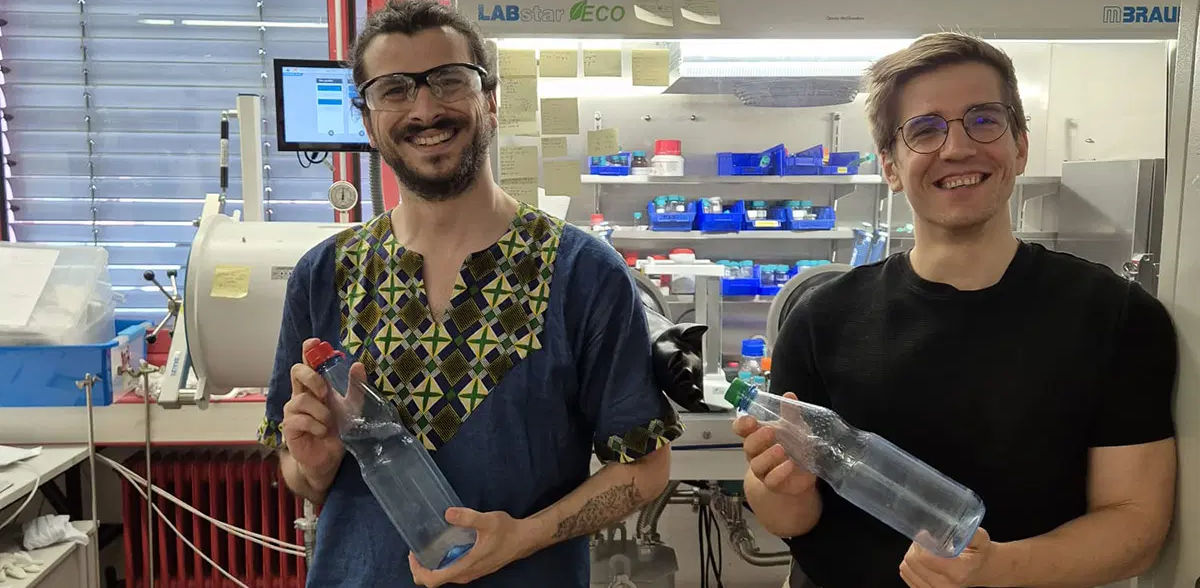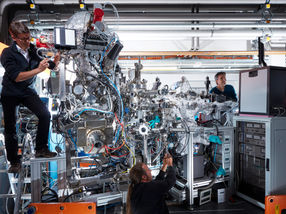Enhancing the Sustainability of Plastics Using Sulphur Waste
Advertisement
Researchers at the University of Bayreuth have found a way to make plastics more sustainable by utilizing sulphur waste from the petroleum refining process. They have developed a method that allows so-called dynamic sulphur bonds to be easily integrated into polyesters. Their findings have been published in the journal Angewandte Chemie.
Dynamic bonds are chemical linkages that can be broken and re-formed with ease, which is crucial for sustainable materials. This allows materials to be repaired or reshaped without being broken down into their basic components. The breaking and re-forming of these bonds is often controlled by a catalyst—a substance that facilitates or speeds up a chemical reaction. Elemental sulphur, a by-product of petroleum refining, contains such dynamic bonds. However, integrating dynamic sulphur bonds into polyester has proven difficult. A research team led by Prof. Dr. Alex Plajer, Junior Professor of Macromolecular Chemistry at the University of Bayreuth, has now succeeded in introducing dynamic sulphur bonds into polyesters using a newly developed method.
In addition to elemental sulphur, the method requires epoxides—a widely used class of chemical starting materials. The researchers discovered that a variety of epoxide types can be used, including those commonly used in industry or even derived from natural sources. This allows the properties of the resulting polymers to be tailored—for example, whether they are hard or soft, or at what temperature they behave like glass. Moreover, the synthesis of the polyesters only requires a simple catalyst: lithium alkoxide. This compound is easy to produce, user-friendly in lab practice, and enables catalysis under relatively mild conditions, which saves energy and reduces costs.
“Interestingly, we discovered that the involvement of sulphur—particularly the so-called S8 ring—accelerates the reaction introducing the dynamic bond. Certain parts of the resulting polymer appear to support the catalytic process. This is a rather unusual mechanism,” says Plajer.
The polyesters produced with dynamic sulphur bonds are stable enough to undergo subsequent modification. Through further chemical reactions, for instance, the material can be crosslinked, enabling its use as a reusable adhesive that can be processed with heat or broken down with acid.

































































